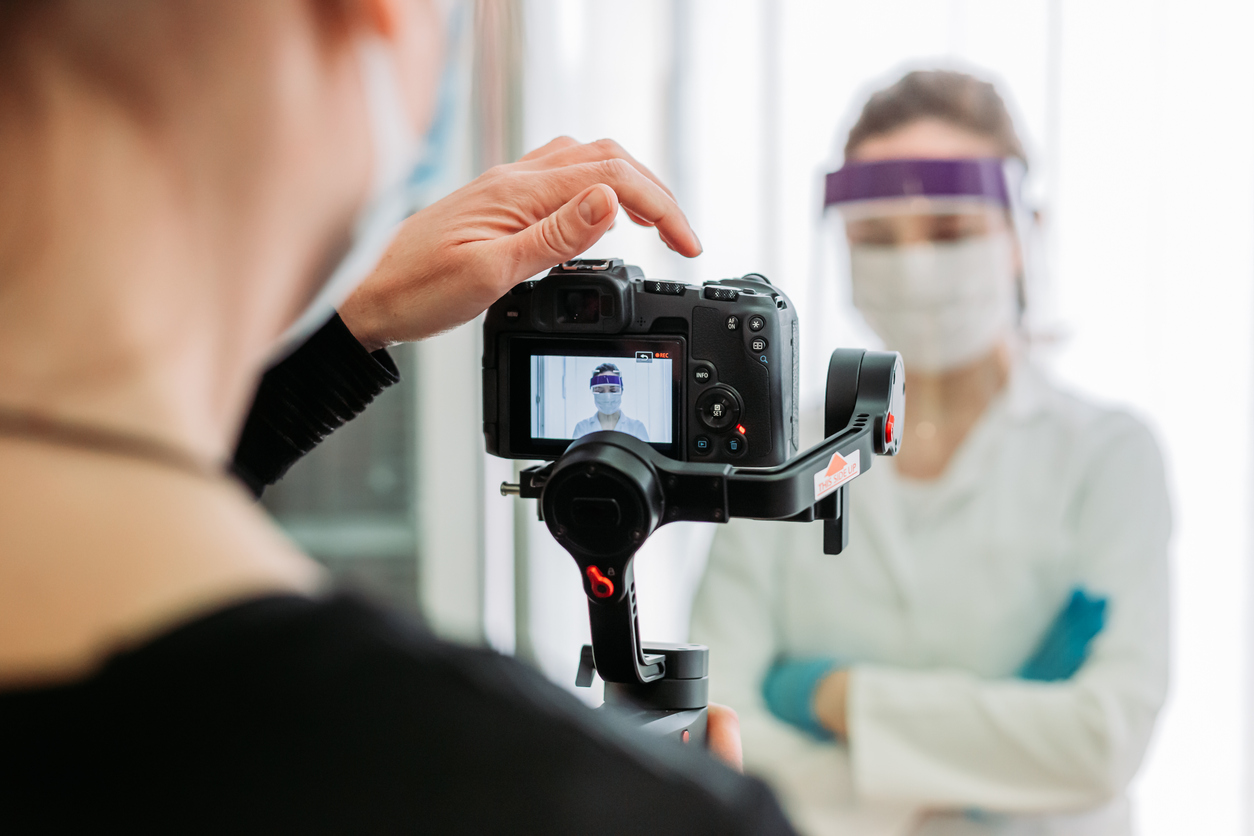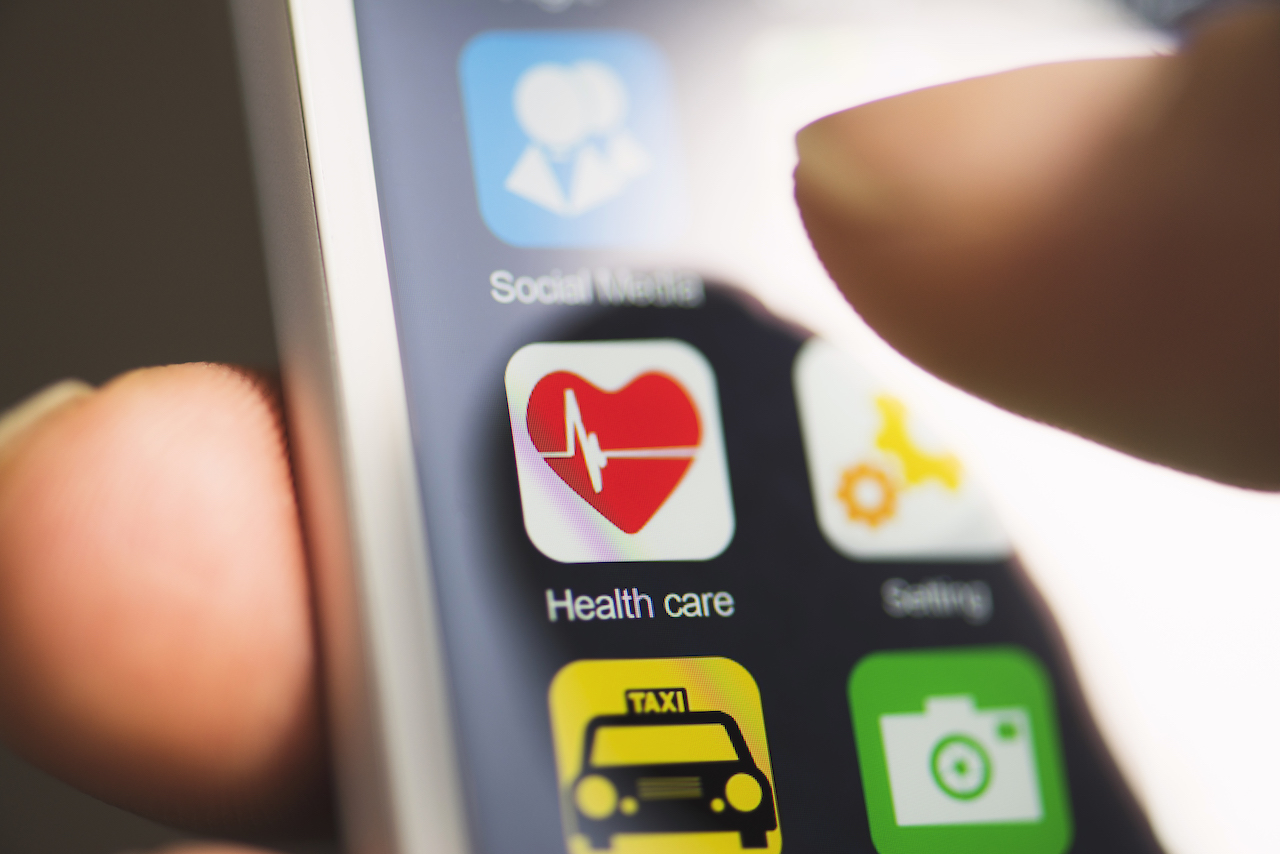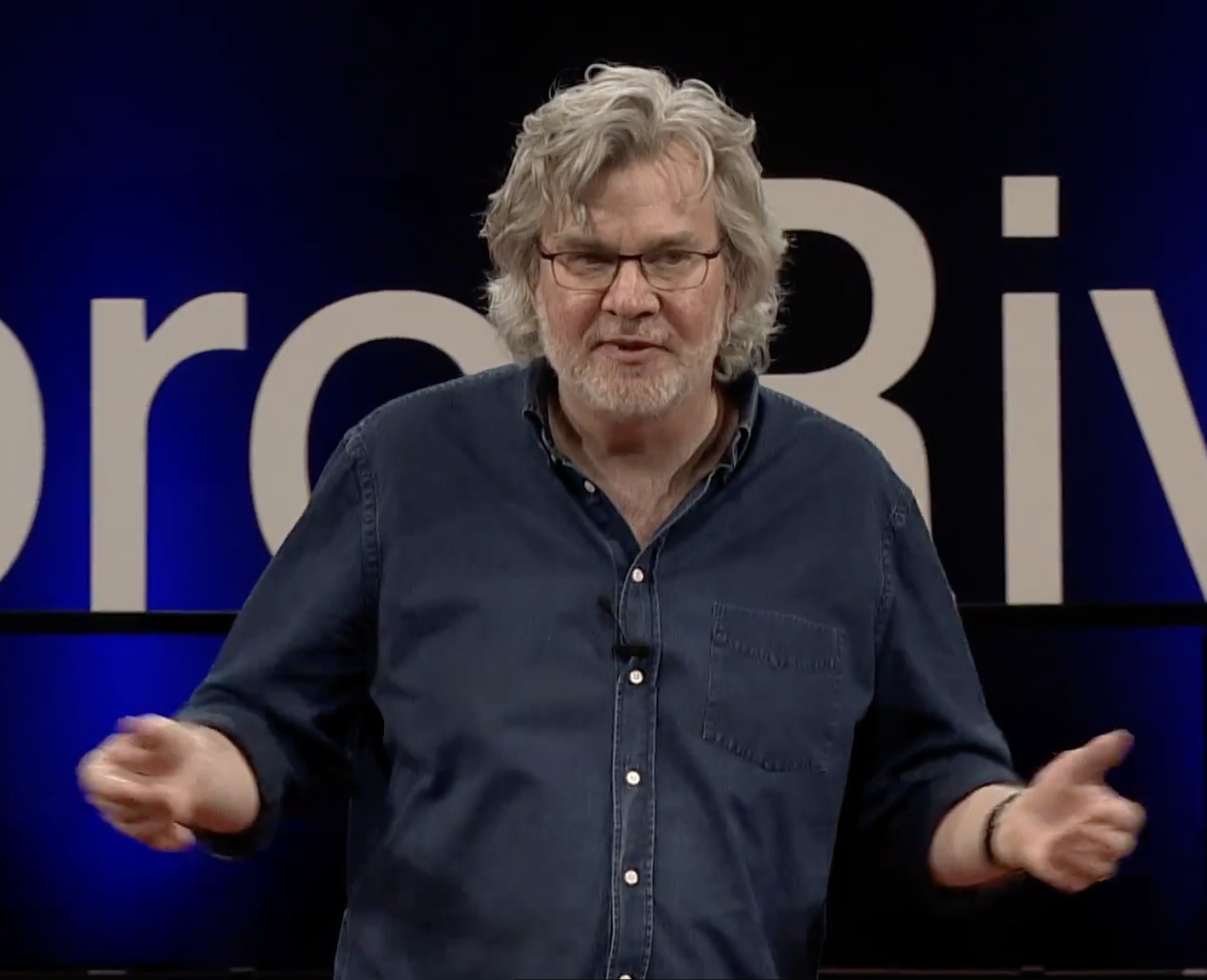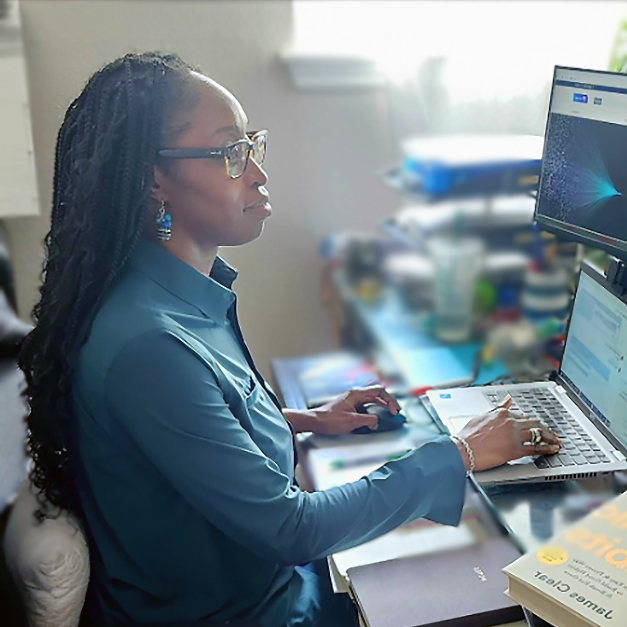In recent decades, as digital platforms have become increasingly integrated into our daily lives, new media has emerged as both a powerful ally and a potential adversary for those contributing to the dynamic landscape of health communication.
This has given rise to a complex debate around the influence of these new technologies on public health narratives and individual health decisions, particularly in light of their ability to impact public health ethically, professionally, and socially.
As an example, health alerts can be disseminated rapidly and effectively through social media networks to inform the public, but doing so without adequate skill and training can bring about unintended consequences, including inadvertent inadvertent amplification and public hysteria. Likewise, anonymous users in online forums can benefit those suffering from unknown health problems with knowledge and information, but too much information—or simply false information—can lead to confusion and potentially dangerous delays in seeking treatment.
Here we offer a brief exploration of the complex role these new technologies have played through a focus on the opportunities and the risks that have accompanied their ascendancy.
The Transformative Power of New Media
Extending beyond just social media, new media encompasses a wide range of digital platforms, including blogs, online forums, AI chatbots, podcasts, and mobile applications. By revolutionizing the way health information is disseminated and consumed, they have given health professionals and organizations unprecedented opportunities to reach broader audiences more effectively and efficiently than ever before. Through targeted campaigns, interactive tools, and real-time updates, these technologies facilitate a dynamic exchange of information while also empowering individuals with the knowledge and confidence to make informed health decisions.
Significantly, this democratization of health information has fostered a more engaged and informed public and led to increased visibility and discussion of health issues. It has also empowered communities, including those historically underrepresented, to advocate for policy changes and their health needs. Platforms such as Twitter, Facebook, and TikTok, while at the center of fraught debates over the spread of misinformation (discussed below), have come to serve as homes for community support groups and venues for public health advocacy and awareness campaigns that break down barriers to information accessibility.
Harnessing New Media for Public Health
A pivotal moment for the then-emerging field of health communication arrived with the HIV epidemic of the 1980s. The evolving challenges of the crisis spurred the development of innovative health communication strategies—not always equitable—that used the latest media technologies and theories to effectively disseminate information.
Today, the increased agility of new media platforms has allowed health organizations to build on these insights and respond faster and more effectively to health crises through broadcasting critical updates, debunking misinformation, and guiding public behavior. This was exemplified by their use as a vital tool in crisis communication during the COVID-19 pandemic and is already playing an important role in the health communication strategies around climate change health risks.
Central to these developments are the advanced analytics capabilities that new media enables. By analyzing social media trends and search engine queries, health organizations can identify emerging health concerns, monitor disease outbreaks, and gauge public sentiment toward health policies. In this way, they’re able to refine their communication strategies and better meet the needs of populations both at little cost and in real time, a significant improvement over traditional public surveys, which were both expensive and protracted.
Finally, recent breakthroughs in artificial intelligence (AI) have been studied for their potential use for health communication. From leveraging AI for health message generation to the potential AI chatbots have to promote positive health behaviors, numerous studies have already demonstrated the growing interest and investment in leveraging AI technologies to enhance health communication.
The Perils of Proliferation
These advances notwithstanding, recent years have increasingly made clear that the very features that make new media an effective tool for health communication can also introduce significant risks. Platform proliferation, for instance, has led to an ungovernable explosion in the volume of accessible information. Across a media landscape already riven by uneven access to accurate and timely health information, this proliferation can overburden information processing and contribute to decision fatigue, undermining the effect on health communication overall.
Also well known is that the information conveyed through new media is not always accurate or reliable. Recent studies have shown that almost nine out of ten social media posts related to smoking contained misinformation and that over a third of all diet-focused social media content was misleading or wrong. The accelerating spread of health misinformation and disinformation poses a considerable challenge that will likely continue to fuel vaccine hesitancy, propagate harmful health practices, impact vulnerable populations, and more.
Compounding the problems of misinformation are online echo chambers and filter bubbles that restrict users’ exposure to information outside their existing beliefs. Often driven by algorithms that filter out diverse perspectives and ideas, these closed information networks are known to bolster societal polarization and fragmentation while also reducing the efficacy of countering misinformation with accurate information.
Also of concern are issues around privacy and security that widespread use of digital media for health communication raise. The issues are wide-ranging and include the leaking of confidential or proprietary health information, unwanted use of social media data in healthcare-related surveillance systems, risks stemming from the participation in online forums, and the potential for identity theft.
A Path Forward: Developing the Next Generation of Health Communicators
The dual-edged nature of new media in health communication underscores the value of health communication professionals today. More than just translators of medical jargon into layperson’s terms, they play an indispensable role when it comes to ensuring accuracy, fostering public trust, and enabling informed decision-making. Their expertise is essential for disseminating the vital health information that can cut through the noise and reach diverse audiences with precision and integrity.
Recent years have witnessed a growing number of professionals—both from inside the healthcare professions and outside—seeking training as health communicators. Professional development in healthcare communication empowers individuals to advance or shift their careers and equips students with the foundational knowledge and skills they need to focus or reboot a career in healthcare, marketing, education, journalism, and more.

Build Your Career in Health Communications
Earn an online certificate in Healthcare Communications from a top-ranked research university. Learn from leaders in the field. Study online, full- or part-time. Join the UChicago community and experience the difference.
Explore Further



